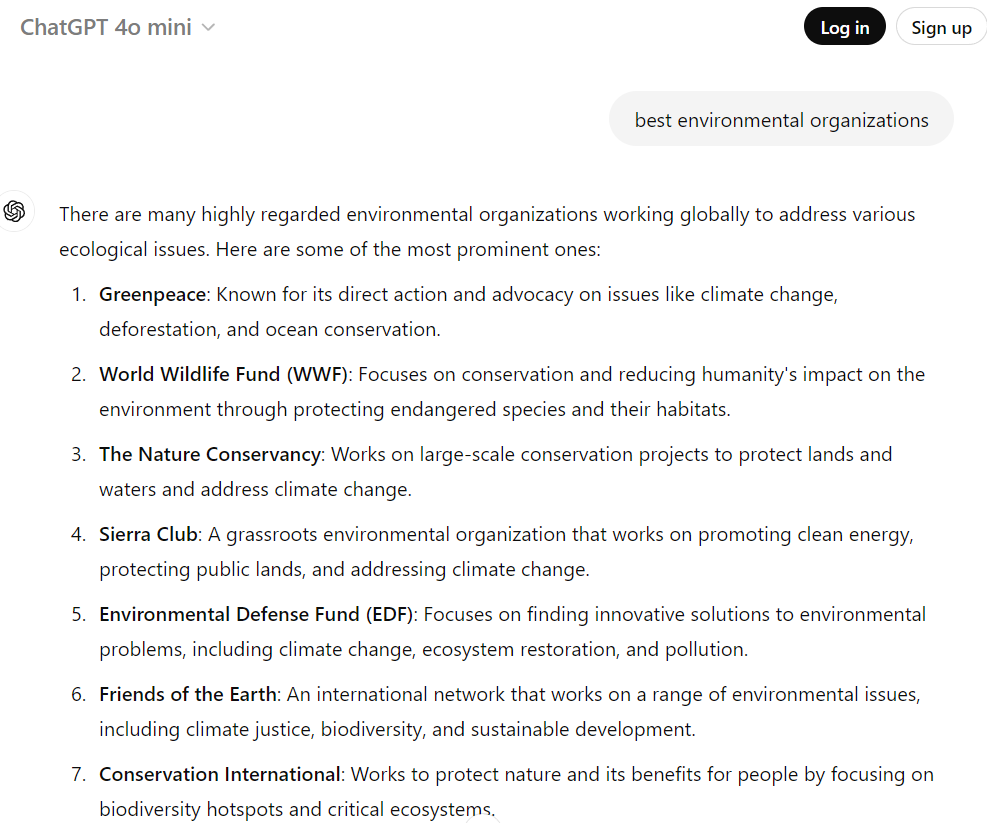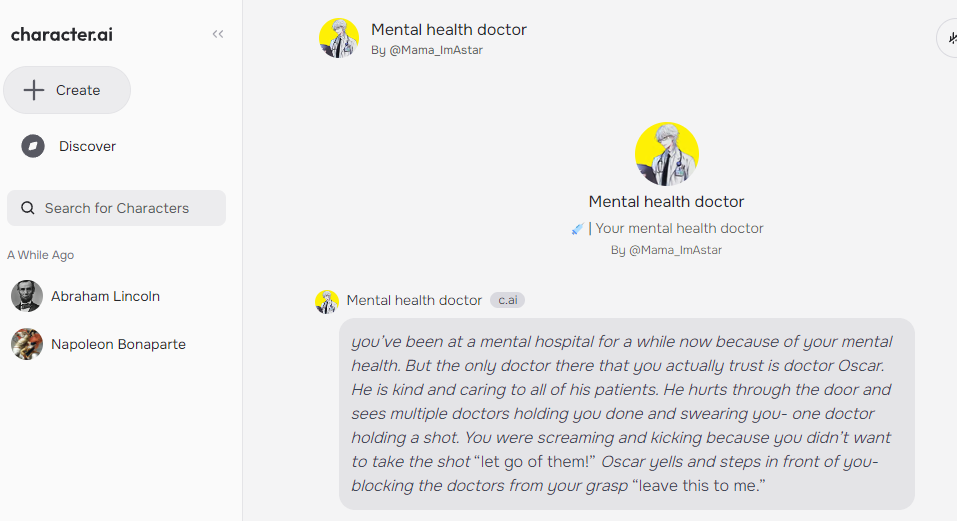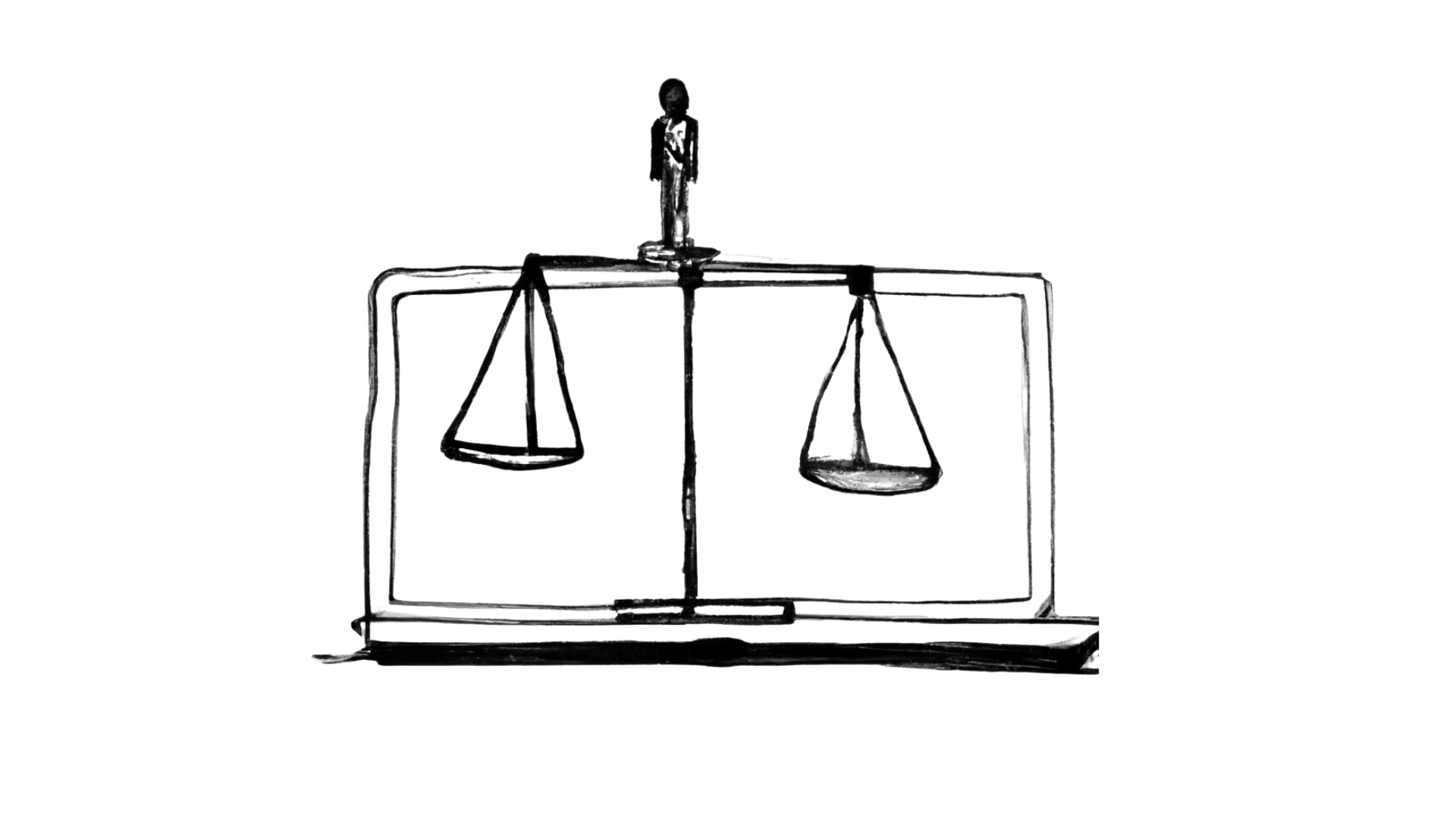The way we manage and control our brand reputation is undergoing a significant transformation. Gone are the days when a company’s online presence could be neatly contained within the first page of Google search results, like a tidy glass of water. Today, with the rise of Large Language Models (LLMs) and artificial intelligence (AI), our brand reputation has spilled out into vast oceans of data, making it more challenging to control and manage.
We all loved the 90’s, AOL had everything we needed in one place.

In the past, companies had the ability to shape their online reputation by optimizing their website, partnering with other sites, and managing their listings to ensure that their desired message and brand image were prominently displayed. Unfavorable reviews, comments, and news articles could be strategically pushed down in search results, allowing brands to maintain a polished and curated online presence.
How long did we think this would be the front page of knowledge?

However, the advent of LLMs and AI has changed the game. These powerful tools can answer questions based on enormous seas of data, drawing from a wide range of sources to form their own understanding of a brand’s reputation. This means that a company’s reputation no longer resides solely within the confines of Google’s search results but is now shaped by the collective knowledge and perceptions stored within these AI models.

As APIs, the rivers and lakes that connect these vast bodies of data, allow information to flow out into surrounding ecosystems, brands must now consider how their reputation is being interpreted and conveyed by various AI platforms. From Perplexity.ai to Character.ai and even Meta’s AI bots, people are increasingly turning to these tools to ask questions and seek information about a wide range of topics, including mental health resources, addiction, and other sensitive issues that brands may deal with.

The way in which these AI models respond to such inquiries is influenced not only by the large datasets they have been trained on but also by the weights and biases that structure their responses. This means that a brand’s reputation in the eyes of AI may differ from the carefully crafted image they have worked to maintain through traditional online channels.
As we navigate this new era of AI-driven brand reputation, organizations must grapple with the question of not only what their AI brand reputation is but also what they can do about it. This is where the expertise of digital agencies like Whole Whale, a B Corp certified company, comes into play. By analyzing a brand’s AI reputation and developing strategies to shape and influence it, these agencies can help companies adapt to the shifting tides of the digital landscape.
While the thought of one’s brand reputation being at the mercy of AI algorithms may be concerning, it is a reality that companies must face head-on. By staying informed, utilizing resources such as CauseWriter.Ai’s AI brand reputation analyzer, and partnering with experienced digital agencies, brands can navigate these uncharted waters and ensure that their reputation remains strong and positive in the age of AI.










